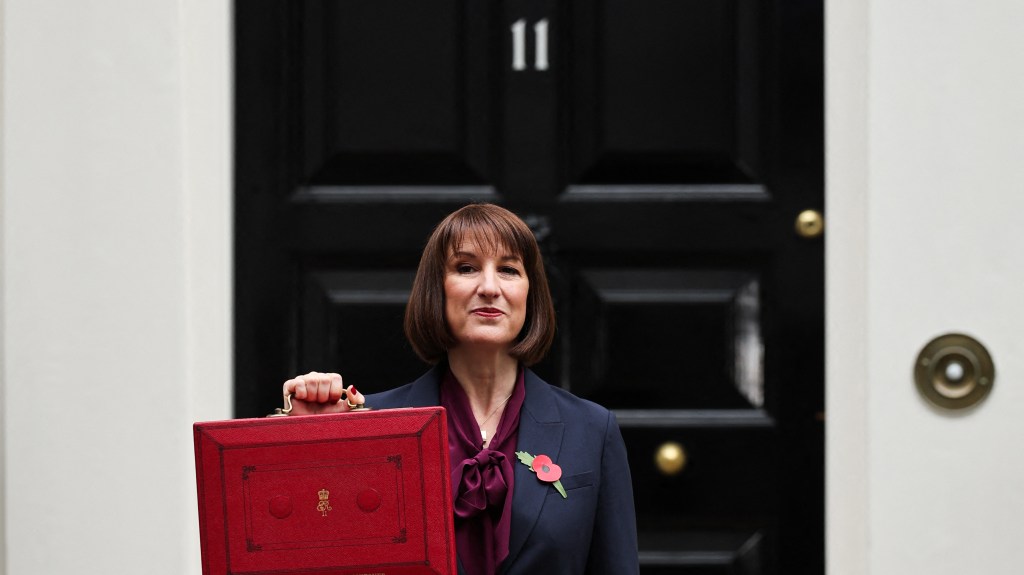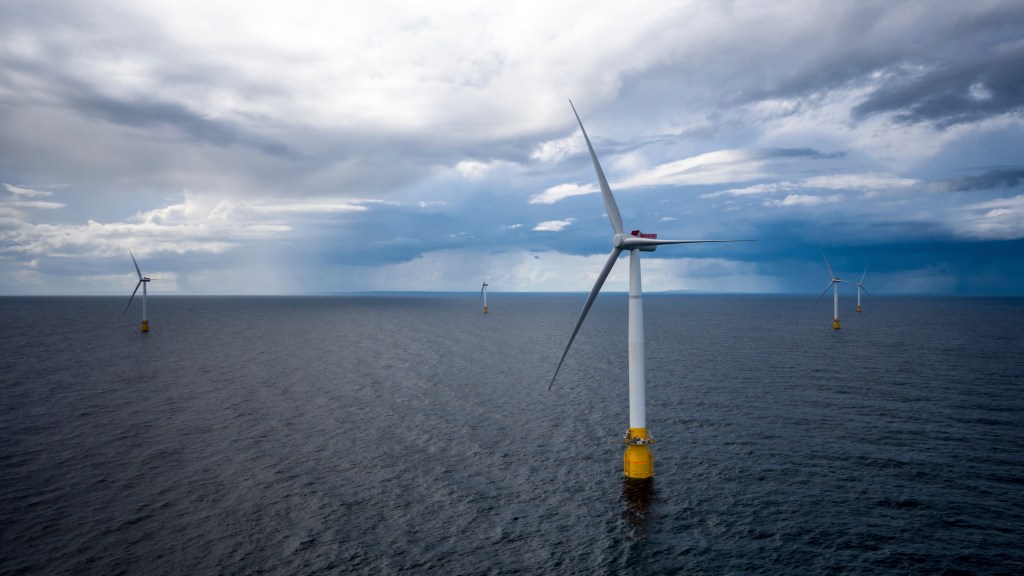Surge in Business Confidence Marks Highest Level Since Pre-October Budget
Business confidence has surged to its highest level since prior to the October budget, largely attributed to President Trump’s postponement of reciprocal tariffs, according to a recent survey.
The Institute of Directors reported that its economic confidence index rose to -51 in April, a notable improvement from -58 in March, marking the highest level since September. This index is based on responses from 648 business leaders surveyed between April 11 and April 29.
According to the institute’s researchers, businesses have increased their recruitment and investment strategies for the second consecutive month, and expectations regarding costs have also decreased for the same duration.
The data implies that recent unease regarding Trump’s tariffs has had a greater impact on business sentiment than the tax increases introduced in the autumn budget by Rachel Reeves.
In October, the Chancellor announced a rise in employers’ national insurance contributions from 13.8 percent to 15 percent starting April 6, alongside a reduction in the payment threshold and a 6.7 percent hike in the minimum wage at the start of the month. These announcements led to a decline in sentiment and hiring intentions, particularly exacerbated by Trump’s tariffs, which have now been postponed by 90 days.
Anna Leach, chief economist at the organization, noted, “The sentiment among business leaders improved in April as the most severe tariffs from the United States were delayed for 90 days.
“Key concerns include uncertainty stemming from US tariff policies, which are both curbing and reducing contracts, as well as the significant rise in costs following last year’s budget announcements.
“Business leaders express considerable frustration that the government has been proactive in raising their costs yet has been slow to implement policies that would aid their business growth.””
Recent GDP figures from the Office for National Statistics indicated a 0.5 percent growth in the economy during February, surpassing expectations. However, the more current composite purchasing managers’ index for April revealed that private sector activity slowed at its fastest rate in 29 months. The International Monetary Fund has revised its forecast for UK growth in 2025 down to 1.1 percent from an earlier estimate of 1.6 percent.




Post Comment